ESL announced today that it’s revamping the Valve Major tournament format prior to the start of its $1 million IEM Katowice Major.
The Major layout now contains a new ELO seeding system to better place teams into appropriate matchups within the Swiss Format of the New Challengers and New Legends stage. This is similar to the method used at IEM Chicago last November, in which teams were ranked in the group stage based on their skill level.
In each 16-team stage, competitors will rank the 15 other teams so that they’ll later be assigned ELO ratings. If a ranking for another team deviates outside of the average ELO range, then it’ll be omitted to prevent possible collusion from teams wanting to give others a lower ELO ranking on purpose. After matches for a given round are played, everyone’s ELO ranking is adjusted as well.
“The Swiss system at prior Majors would sometimes allow comparable teams to have much harder or much easier opponents on their way to advance or exit the tournament,” ESL said. “Live seeding will help prevent such situations and also-self-correct differences in perceived form and actual performance. If the number 16 seed defeats the number one seed, that suggests that the number 16 team is not yet number one, but probably a bit better than their seeding and vice versa.”
Related: Team Vitality and Team Spirit take 2 IEM Katowice Major qualifier spots
Additionally, all advancement and elimination matches will be played as a best-of-three. This means that all matchups are still best-of-one, until the later games containing teams with 2-0, 2-1, 1-2, 0-2 win-loss records.
“Ultimately, if we are testing the championin a best-of-three series, then we should be testing for potential champions for the ability to win a best-of-three before they get to the Champions Stage,” ESL said as the reasoning for the new change. “Best-of-three elimination seres were introduced to minimize the influence of random factors in teams getting knocked out and to allow lower-ranked teams to gain valuable international experience.”
Quantum Bellator Fire, who placed top eight at ELEAGUE Boston 2018, was the best example of a team who benefitted from the previous format. Their road from the New Challenger stage to the New Champion stage in Boston was much easier than other teams who were perceived to be better than them at the time, like Team Liquid and Astralis. So these changes to the Major help prevent certain aspects of randomness within the Swiss Format.
This new Major format will be used at the New Challengers and New Legends stage next month, but the New Champions stage remains as a best-of-three, single elimination bracket of eight teams.


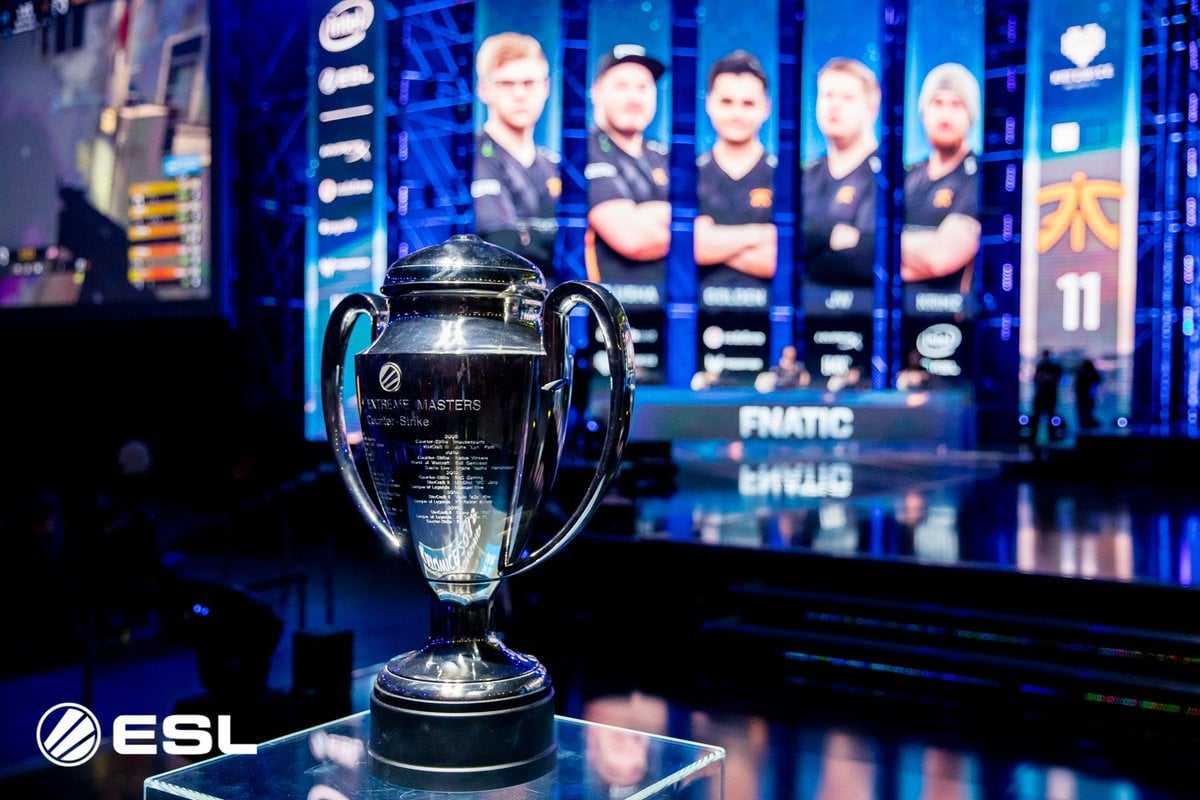
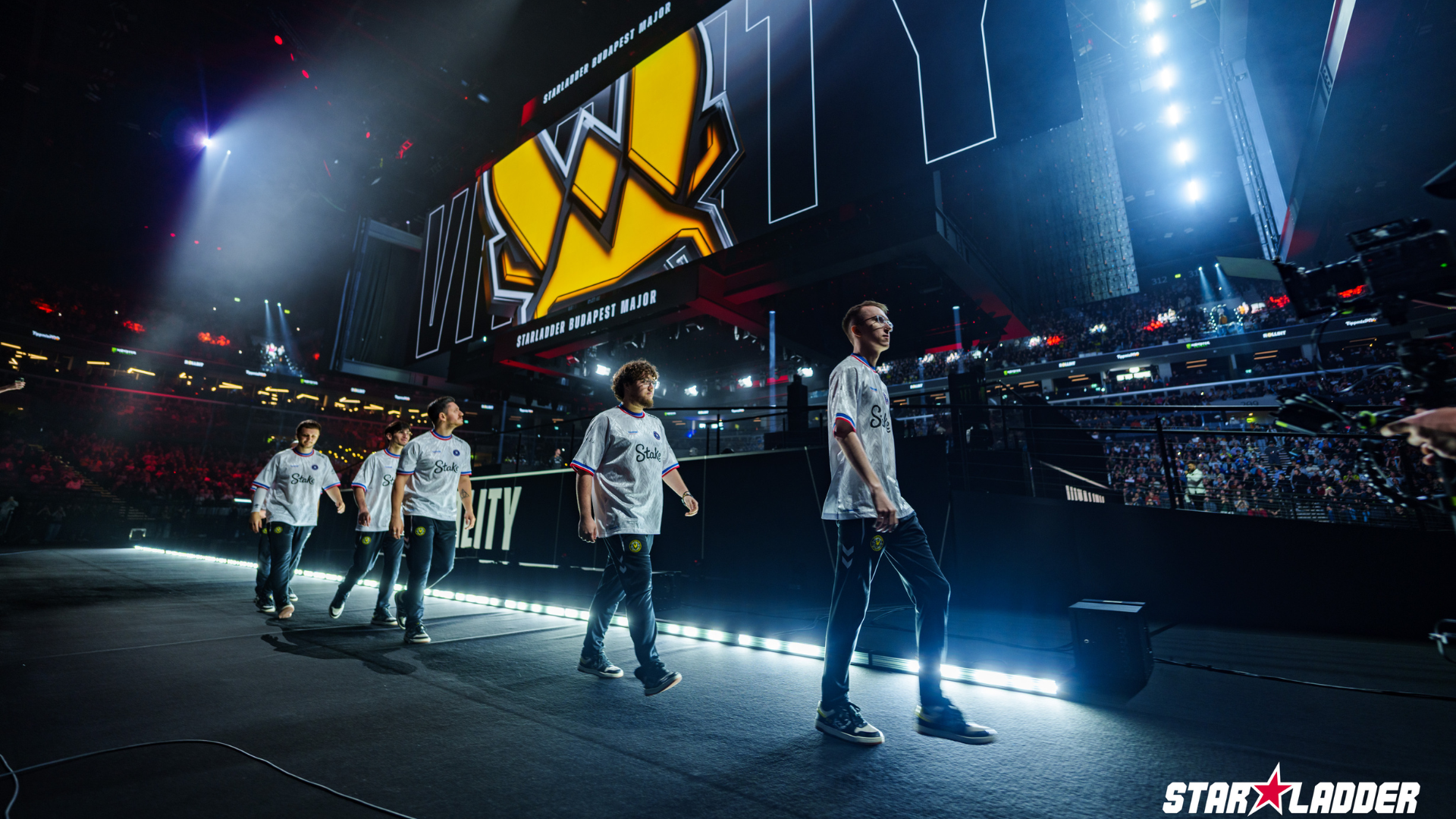

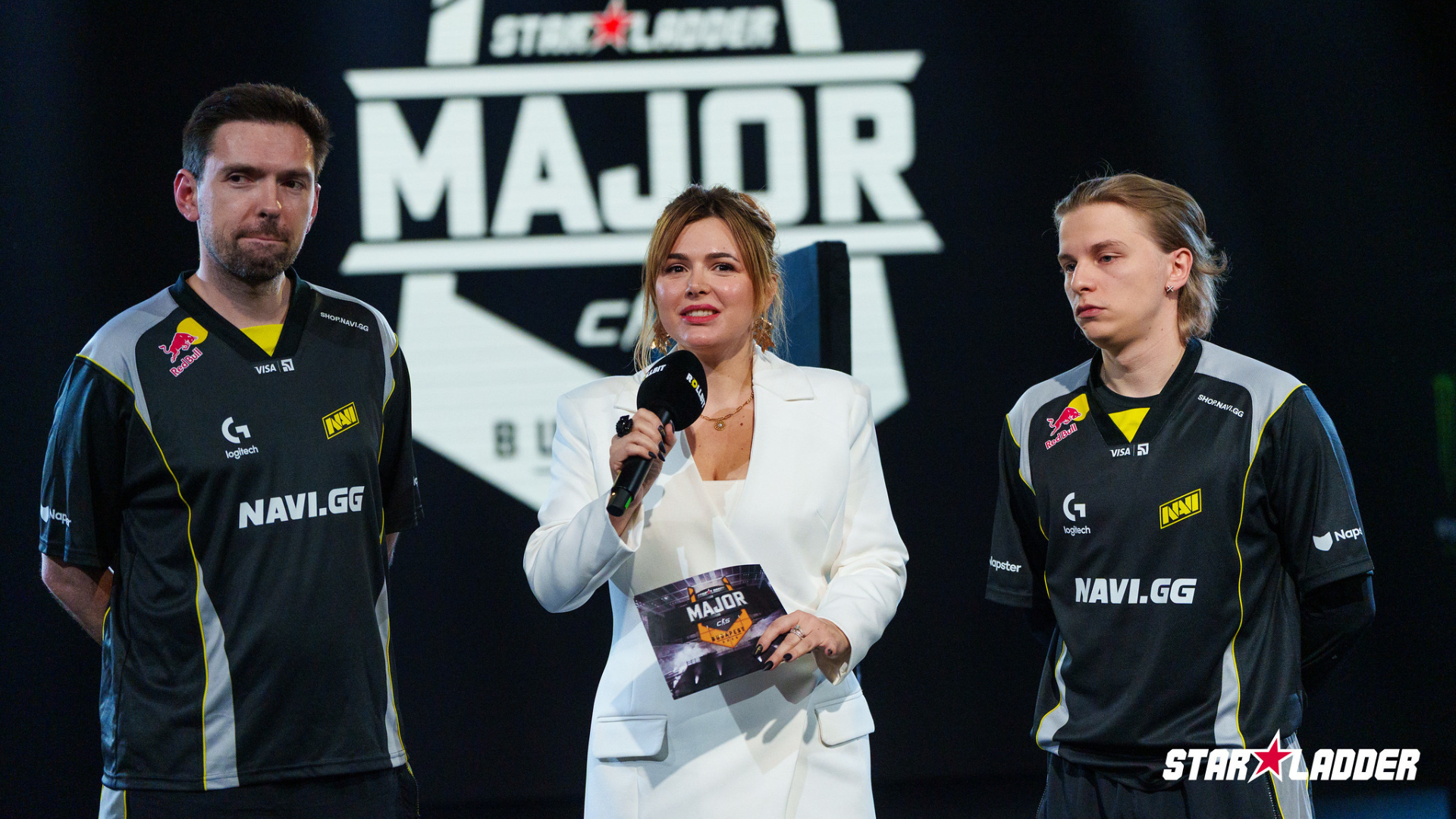
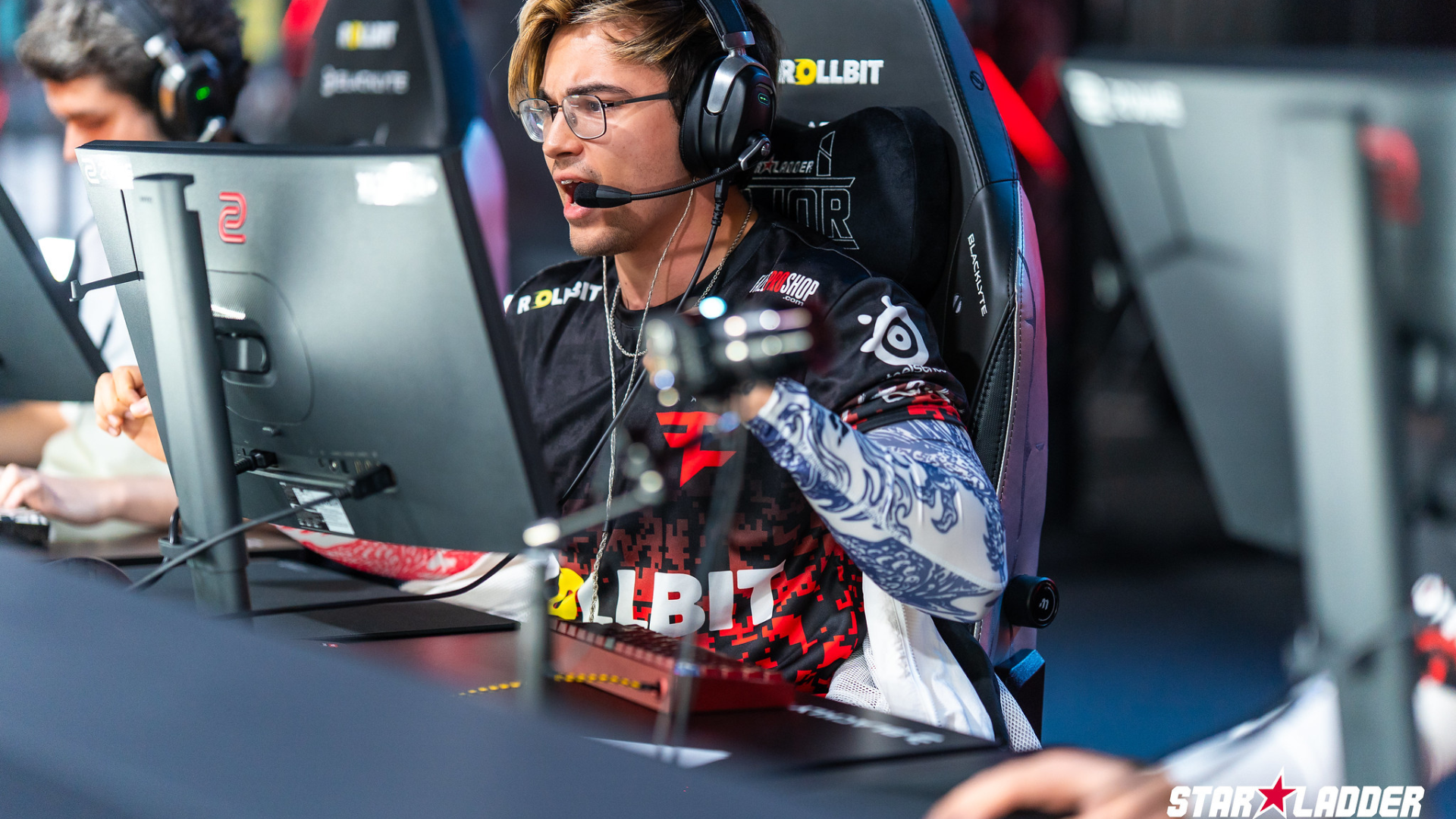
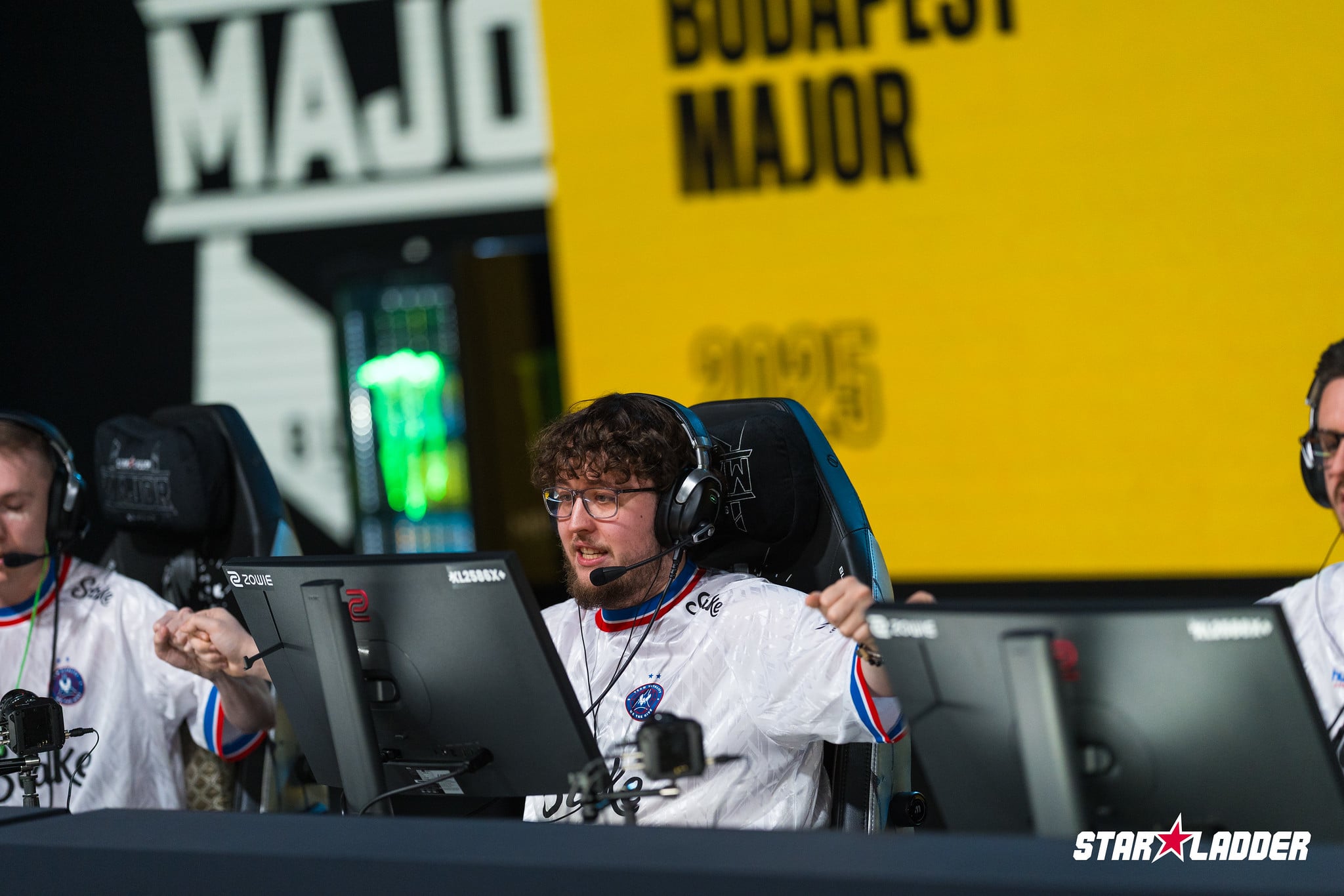
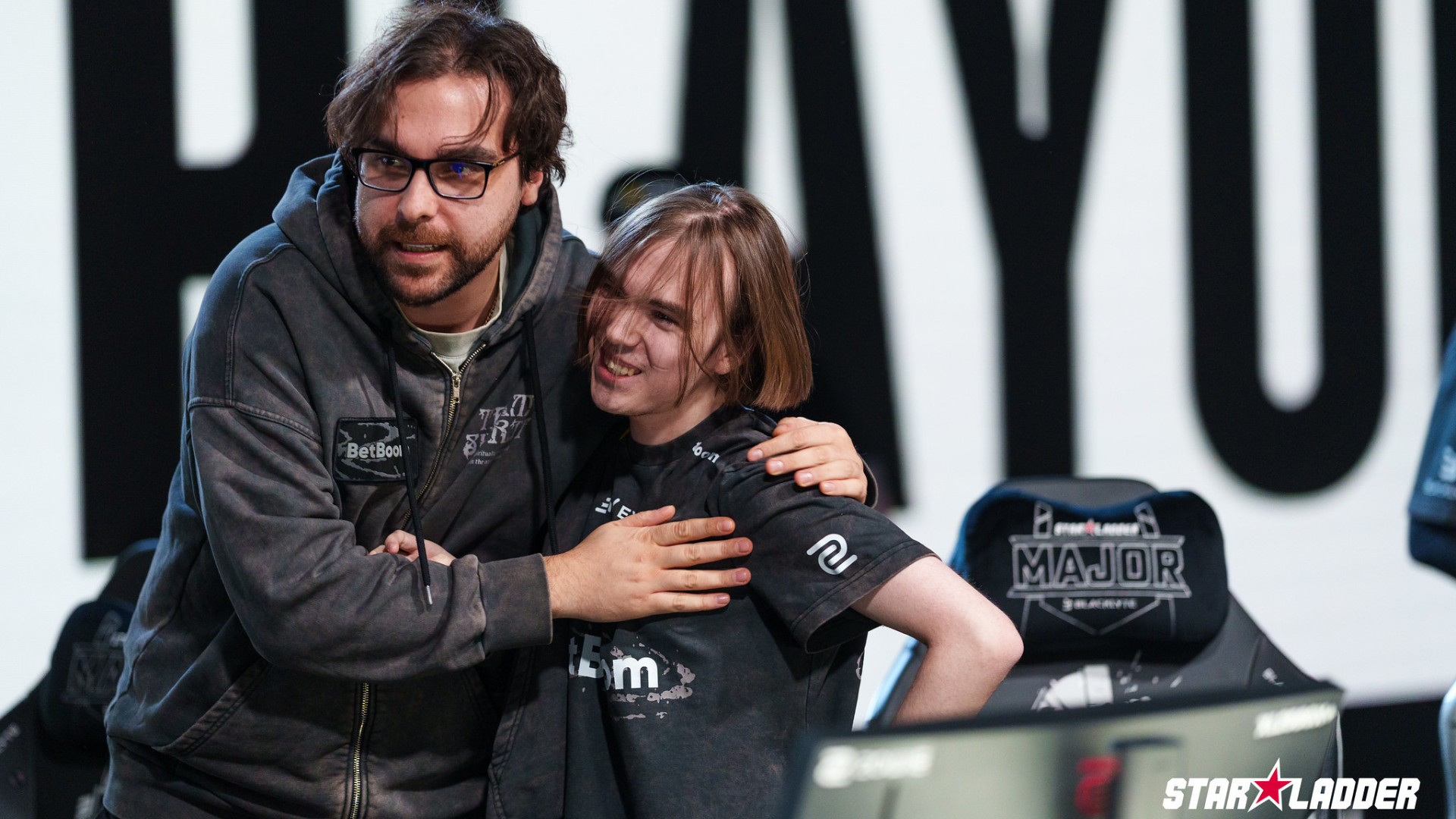
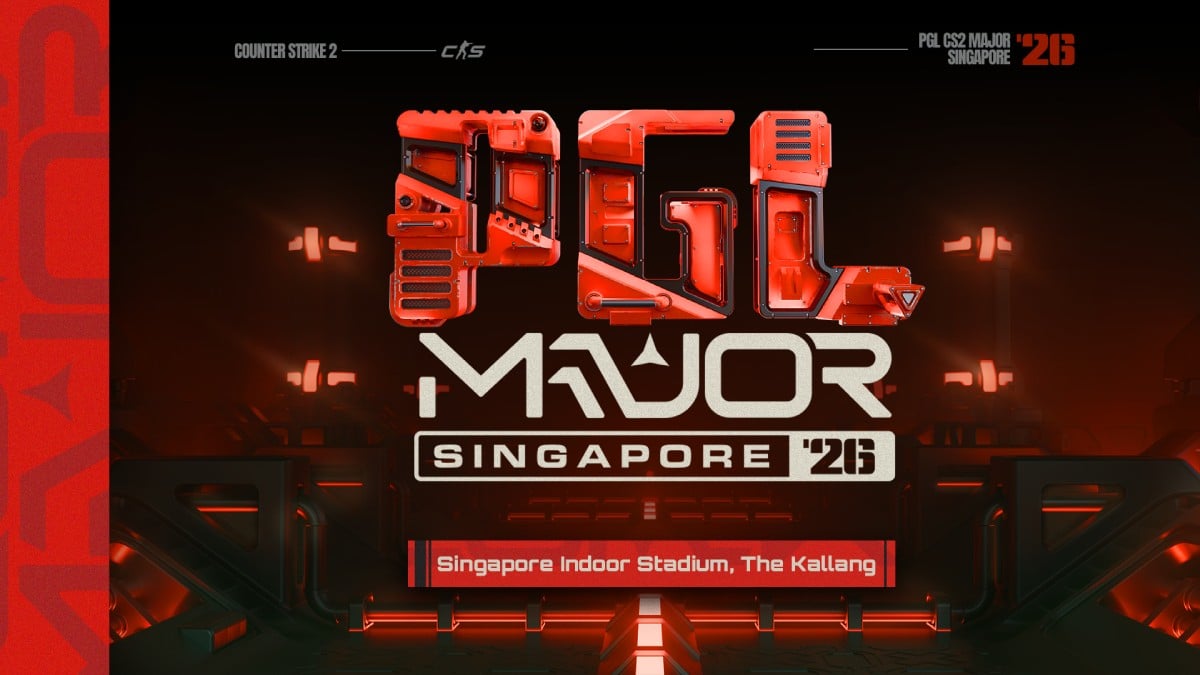
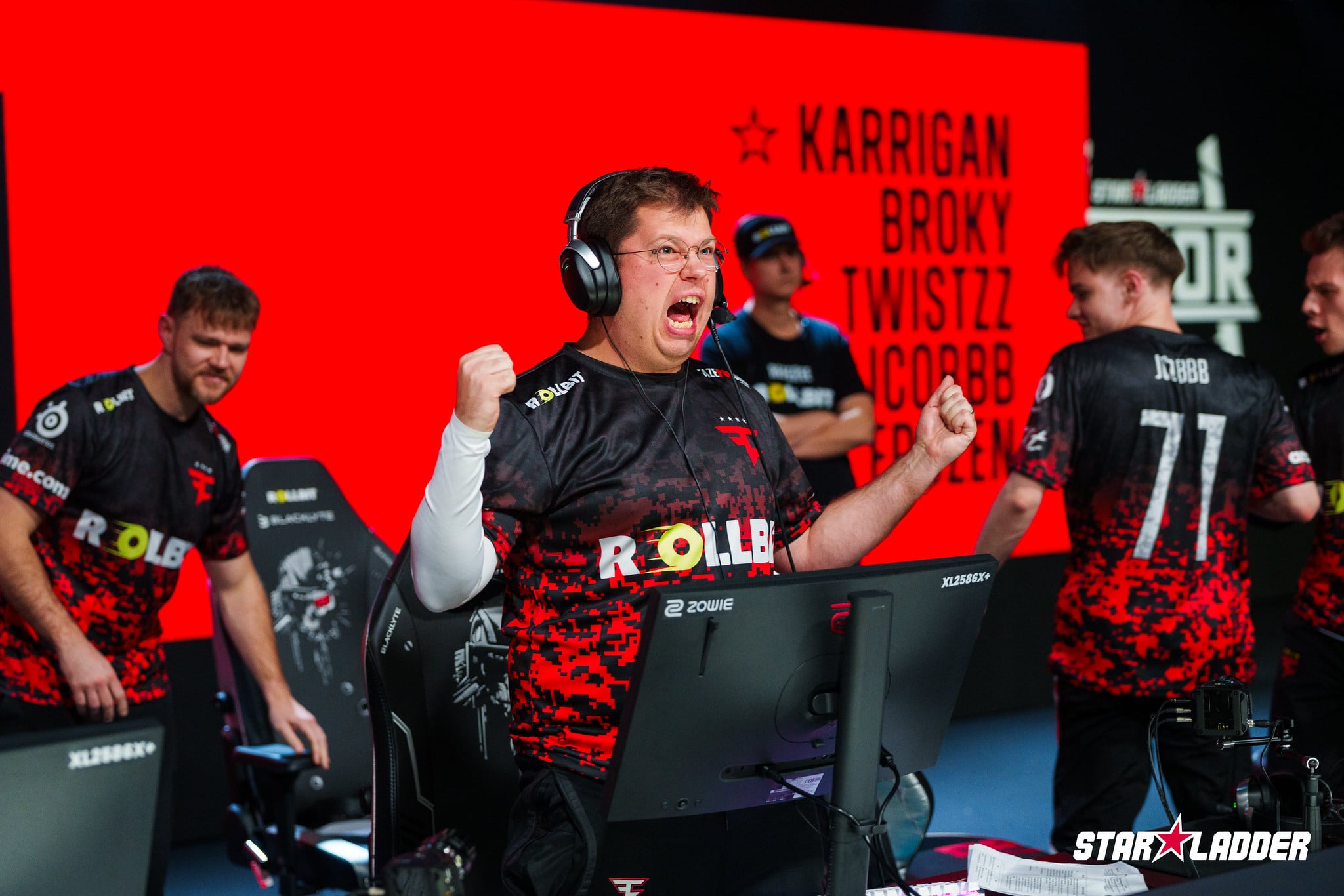
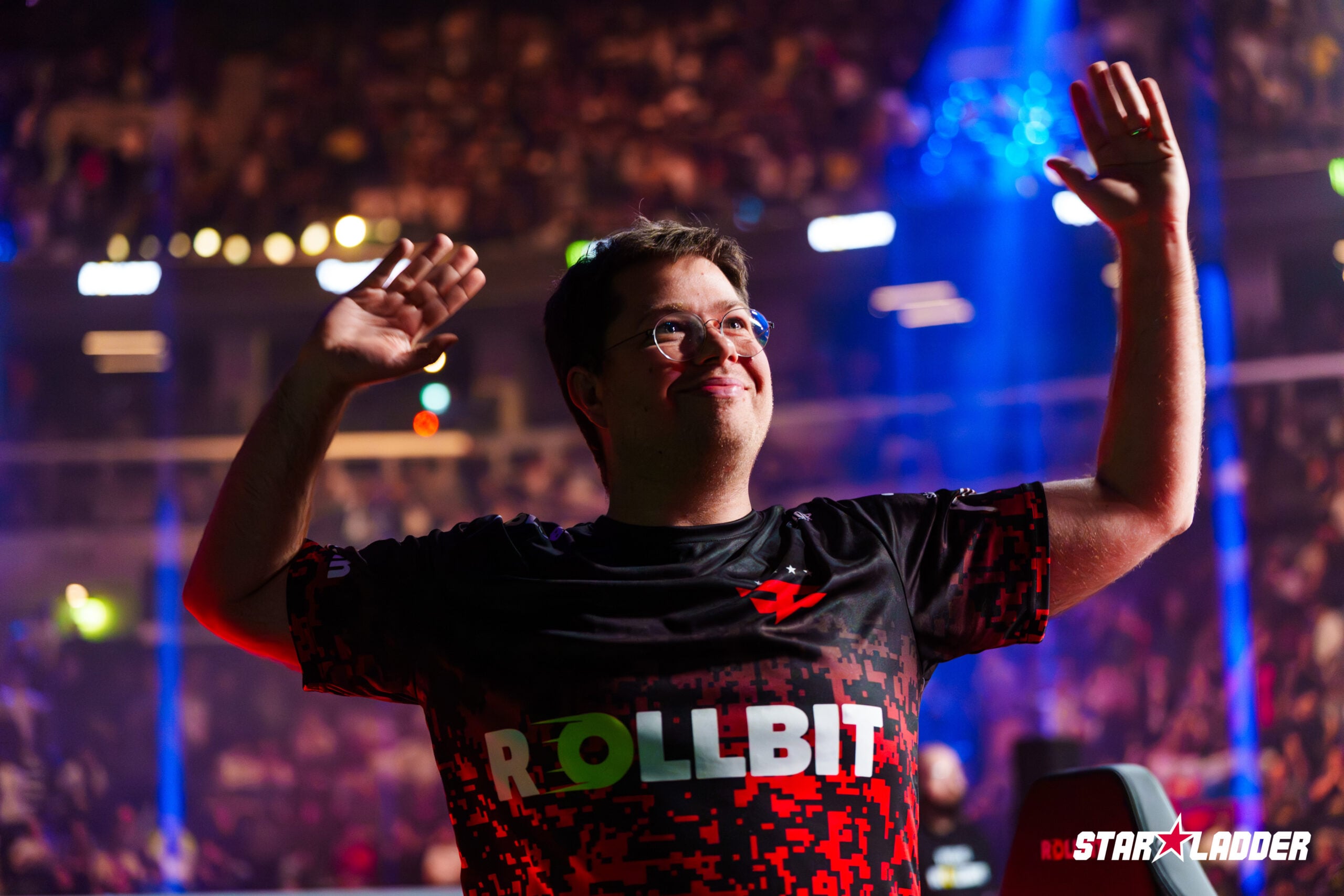
Published: Jan 21, 2019 11:02 am